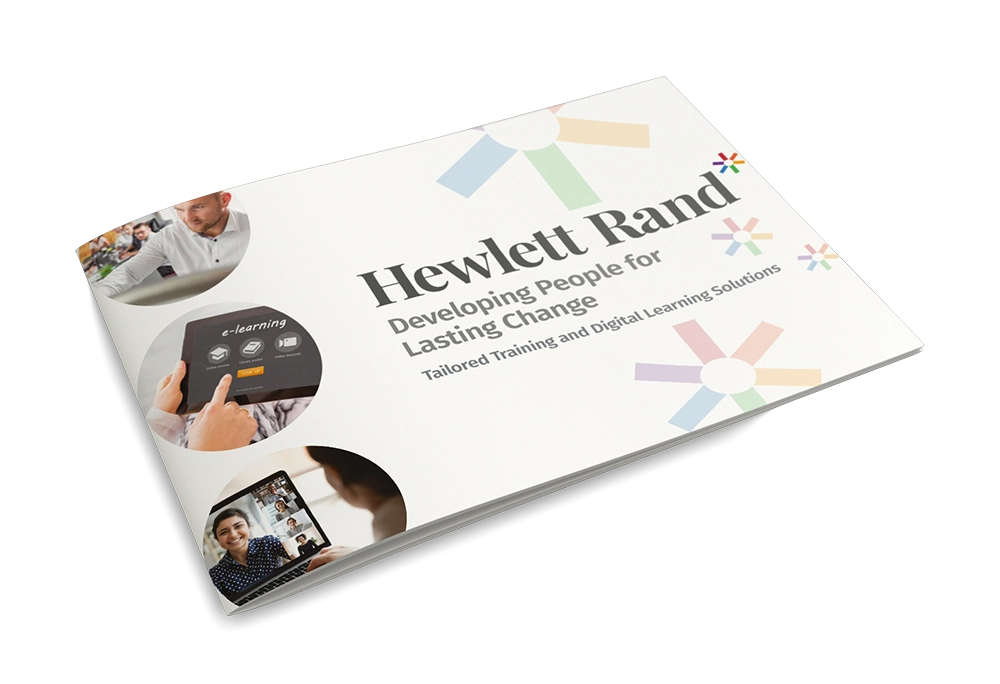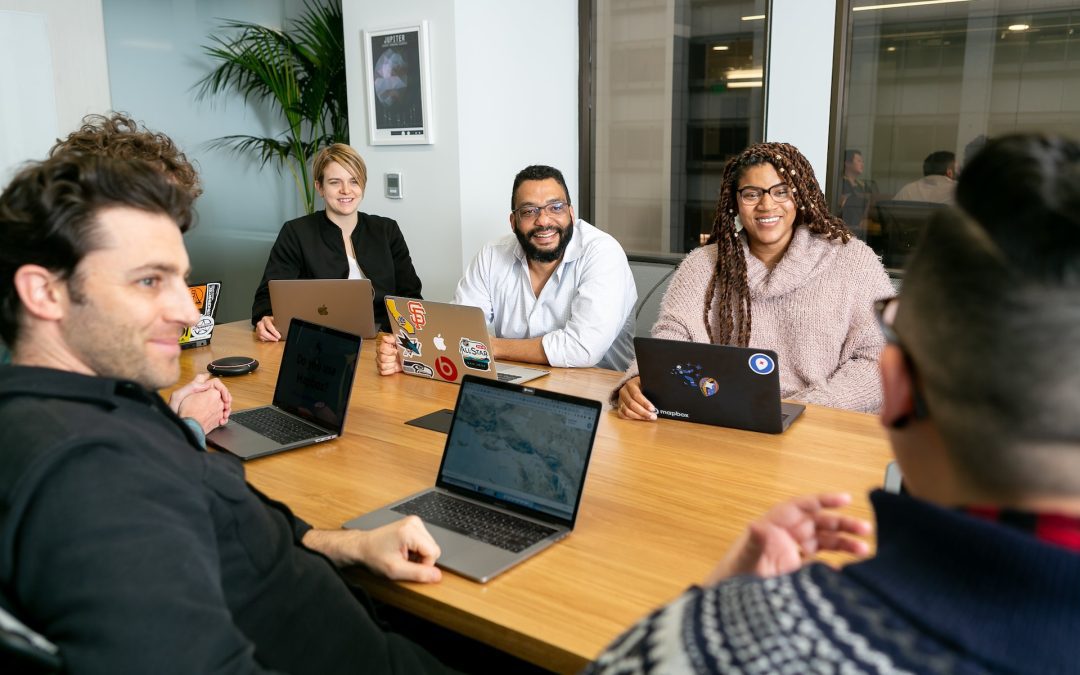The advent of technology has revolutionised the way we acquire knowledge and interact with the world. Online learning, in particular, has gained immense popularity in recent years, offering convenience and flexibility to learners of all ages. However, it is crucial to acknowledge the damaging effects that online learning can have on interpersonal relationships and communication skills.
One of the most significant drawbacks of online learning is the lack of direct human interaction. Interpersonal relationships play a vital role in personal and professional growth, allowing individuals to develop empathy, understanding, and effective communication skills. In a traditional workshop setting, teams have the opportunity to engage in discussions, debates, and group activities, fostering teamwork and collaboration. By physically being in the same space, teams can pick up on non-verbal cues such as body language, facial expressions, and tone of voice, which are essential elements of communication. These nuanced aspects are often lost in the online learning environment, inhibiting the development of interpersonal skills.
Moreover, online learning can create a sense of isolation and detachment. Human beings are social creatures who thrive on social connections and meaningful relationships. The absence of face-to-face interactions can lead to feelings of loneliness, as learners miss out on the camaraderie and support that come from being part of a community of peers. This isolation can have detrimental effects on mental health, leading to increased levels of stress, anxiety, and depression. In contrast, face-to-face interactions provide a sense of belonging and foster a supportive learning environment where individuals can rely on each other for encouragement, motivation, and emotional support.
Building trust is another critical aspect that is compromised in online learning. Trust is the foundation of successful team relationships. In a traditional workshop setting, teams have the opportunity to build trust through shared experiences, teamwork, and face-to-face interactions. These interactions allow individuals to observe each other’s actions, integrity, and reliability, leading to the establishment of trustful relationships. In the absence of physical presence, it becomes challenging to develop this level of trust, as online platforms often lack the depth and authenticity required for genuine connections to form.
Additionally, face-to-face interactions promote effective communication skills, including active listening, articulation, and conflict resolution. In a physical workshop, teams learn to express their thoughts and ideas clearly, engage in thoughtful debates, and respectfully challenge differing opinions. These experiences contribute to the development of critical thinking skills, empathy, and the ability to consider multiple perspectives. Online learning, on the other hand, can be limiting and prone to misinterpretation. The absence of real-time, spontaneous conversations hinders the refinement of communication skills, making it difficult for individuals to convey their thoughts and ideas effectively in various real-life scenarios.
While online learning offers convenience and flexibility, it is essential to recognise the damaging effects it can have on interpersonal relationships and communication skills. Face-to-face interactions foster the development of empathy, effective communication, and trust, which are crucial for personal growth, professional success, and positive mental health. By encouraging teams to engage in in face to face interactions, we can create an environment that supports the holistic development of individuals, enhances interpersonal skills, and cultivates meaningful relationships. As we navigate the future of education, let us not overlook the importance of genuine human connections in the pursuit of knowledge and personal growth.
To learn more about how we can support your leadership, management and sales teams to interact and develop their skills together, email: equiry@hewlettrand.com










